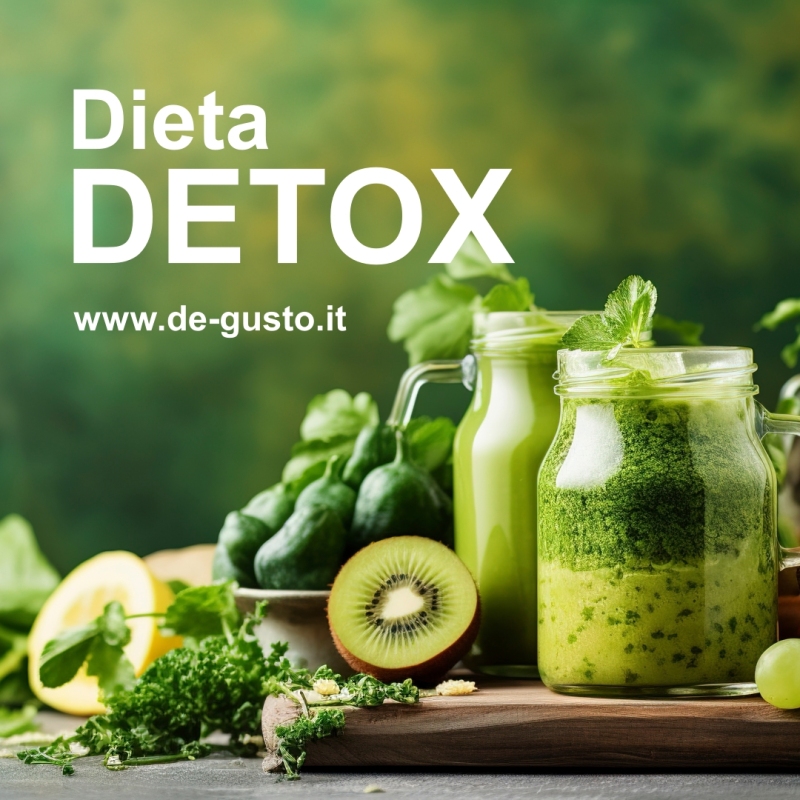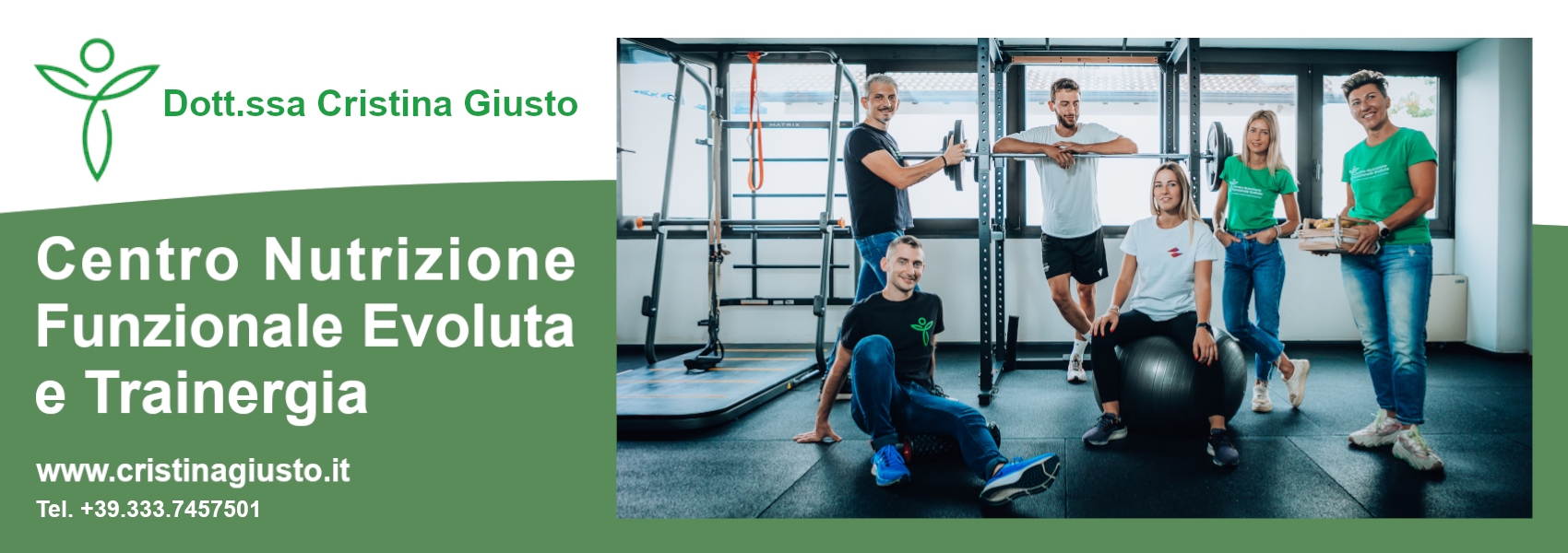With the hope that soon the rains will leave us in the warm sunshine of the summer months, here are some tips to prepare the body for summer and high temperatures.
Proper hydration and water-rich foods are the allies to fight the high temperatures.
In summer, one of the main factors that can cause fluid loss in the body is sweating.
It is therefore necessary to maintain an adequate hydro-electrolyte balance and integrate the right nutrients in the body by hydrating properly, taking in magnesium and potassium and avoiding an unhealthy and unbalanced diet. an unregulated diet based on sodium-rich foods.
It is always useful to prefer and choose seasonal vegetable products: summer vegetables and fruit are rich in water, mineral salts and carotenoids (which protect the skin from UV rays); think cucumbers, tomatoes, lettuce and celery, but also watermelon consisting of 97% water, melon, peaches, cherries and strawberries.
It is important to be careful with fresh but preserved products, which are extremely rich in salt, beware of dairy products, cheeses, cold cuts and preserved fish such as bresaola, tuna. raw ham, can be good sources of protein but hide important amounts of salt, and should therefore be eaten in moderation and combined with fresh vegetables.
It is also better not to consume pre-packaged and long-life foods such as snacks,
crisps, breadsticks, crackers especially if they contain salt.Hydration should be reserved for water or flavoured waters prepared with lemon, mint or melissa leaves
mint or lemon balm leaves, peach slices.
A water intake of at least 1.5 l per day is recommended.
weight of the subject and the physical activities performed: a sportsman or a person who does manual work in the summer can have at least 1.5 l of water per day.
manual work in summer can require up to 5-6 litres of water.
When it is necessary to drink such large quantities of water, to improve the assimilation of liquids it may be useful to take hypotonic salt solutions during physical activity.
A hypotonic drink has a lower concentration of substances than body fluids, whereas an isotonic drink has a similar concentration to body fluids.
Thanks to the lower concentration of substances, hypotonic drinks are absorbed more quickly by the body than isotonic drinks.
Hypotonic drinks are ideal for rapid rehydration during and after intensive exercise or in very heat.
Hypotonic drinks promote hydration as they require minimal effort from the digestive system to be absorbed. Since hypotonic drinks are less concentrated they can reduce the risk of gastrointestinal upset during intense physical activity.
Rapid absorption prevents excessive concentration of substances in the digestive tract.
Under the sun, it is best to avoid alcohol, and limit the consumption of coffee and tea, as they can cause the opposite effect by contributing to dehydration.
A thirst-quenching drink for the summer is definitely elderflower syrup, which can be
be properly diluted in fresh water with the addition of mint leaves and slices of
lemon. Traditionally, elderberry has often been used as a medicinal plant in the form of
tisanes or other liquid preparations, typically for the relief of flu and cold symptoms.
colds.
It is hypothesised that it may act in support of the immune system and with a
directed against viruses, as well as having a diaphoretic effect (increased sweating, theoretically useful in reduce fever).
Apart from the possible health properties that are still being studied, the elderberry syrup is by definition a very sweet preparation with a high sugar content; for this reason, it is advisable not to abuse it. It is contraindicated in type 2 diabetic patients and those with blood sugar general problems.
(Article by Dr Giusto Cristina)





